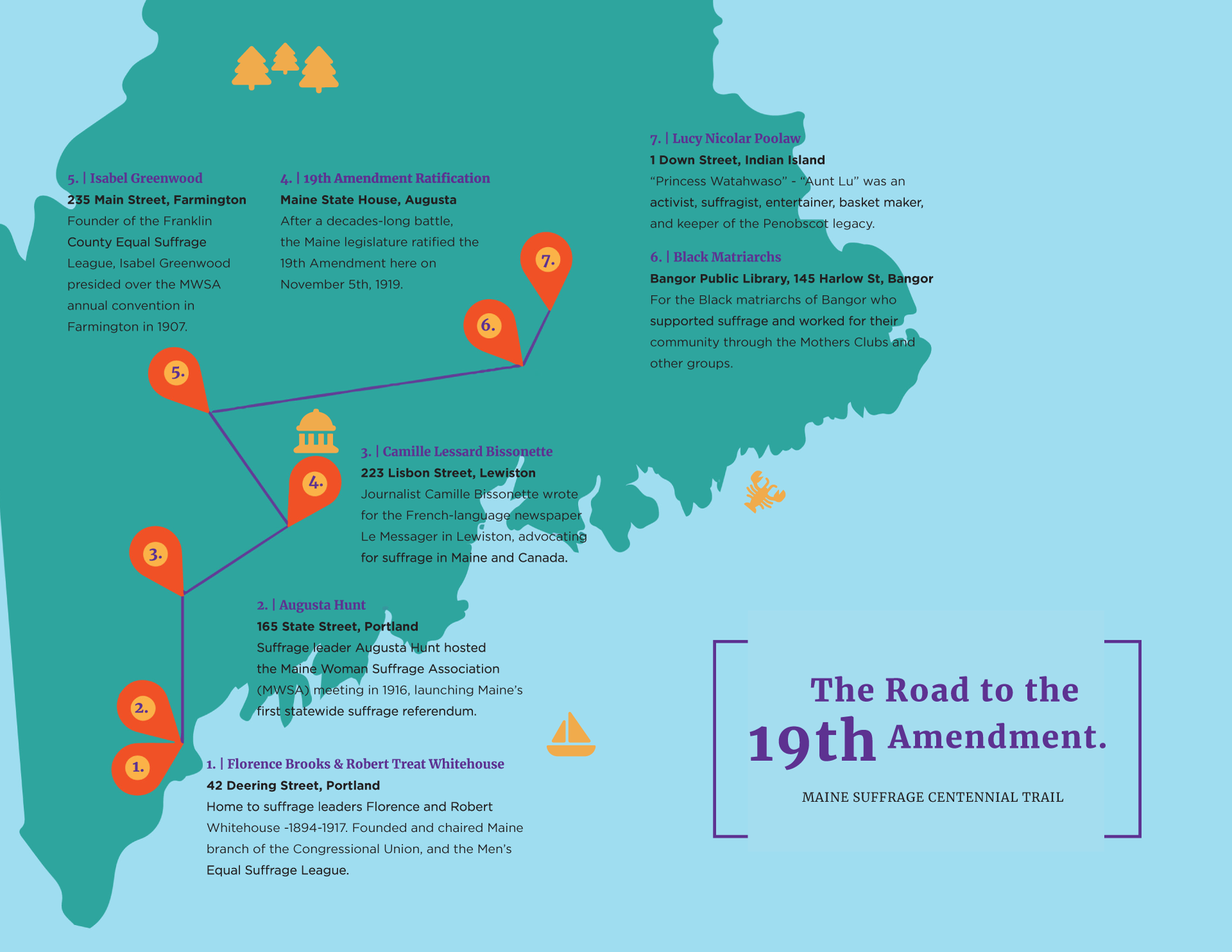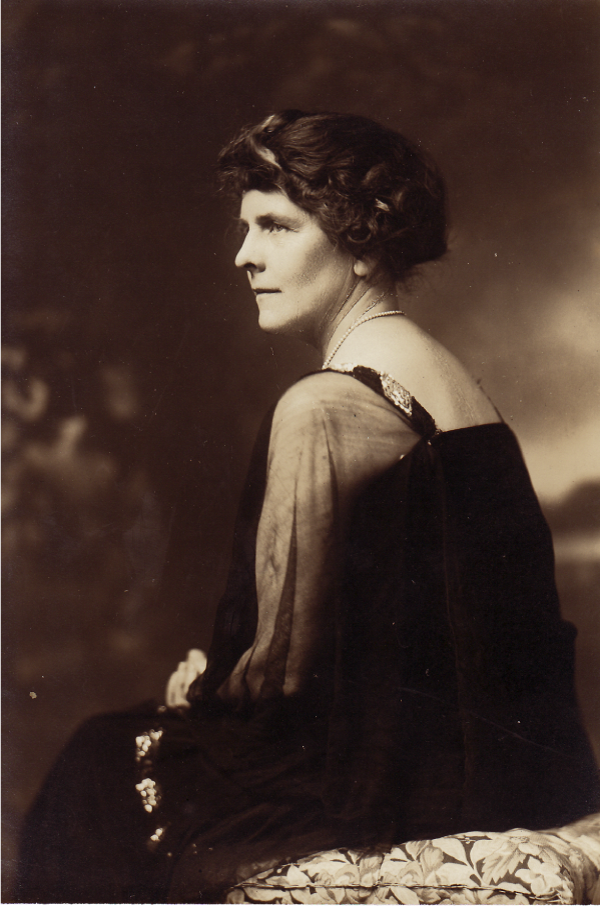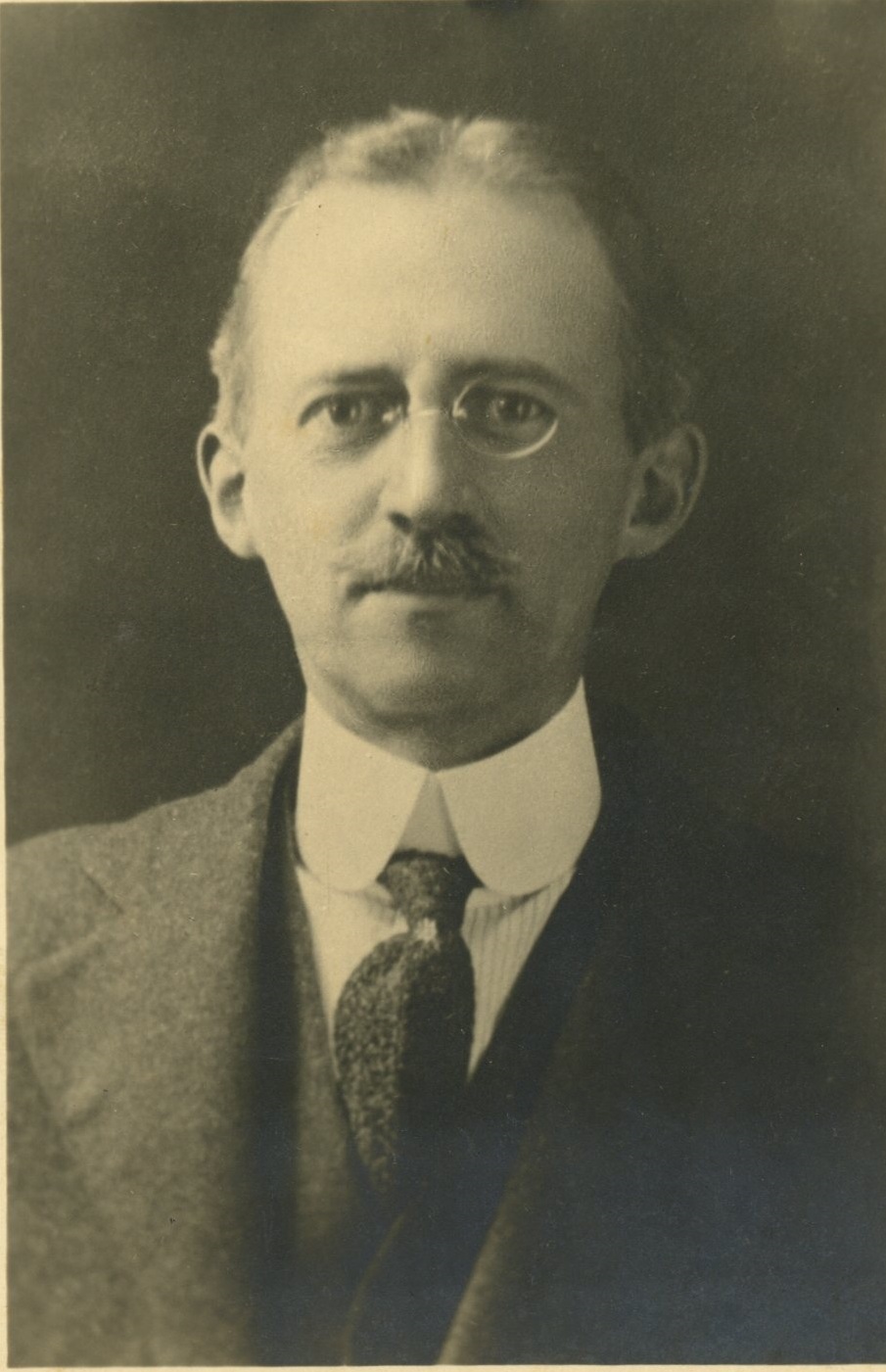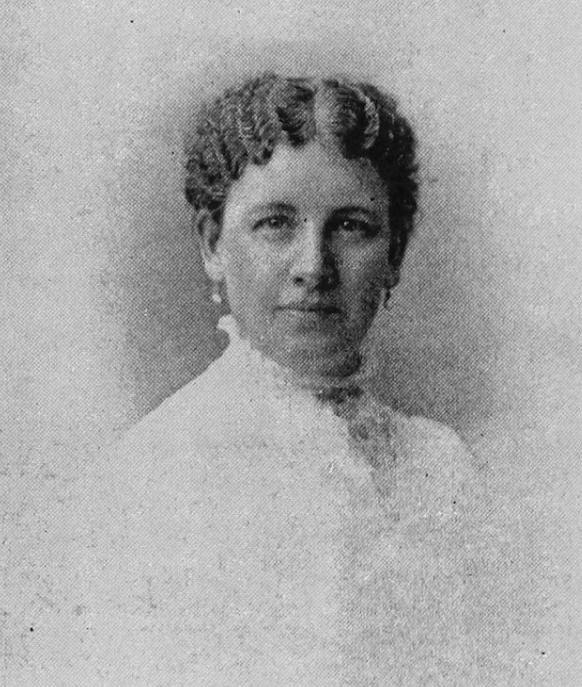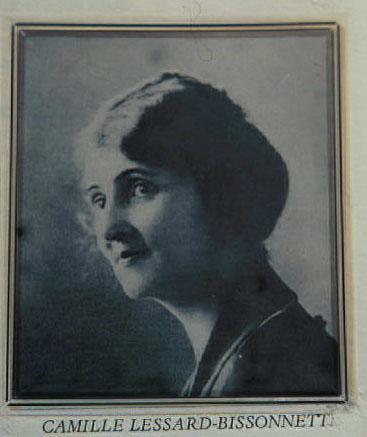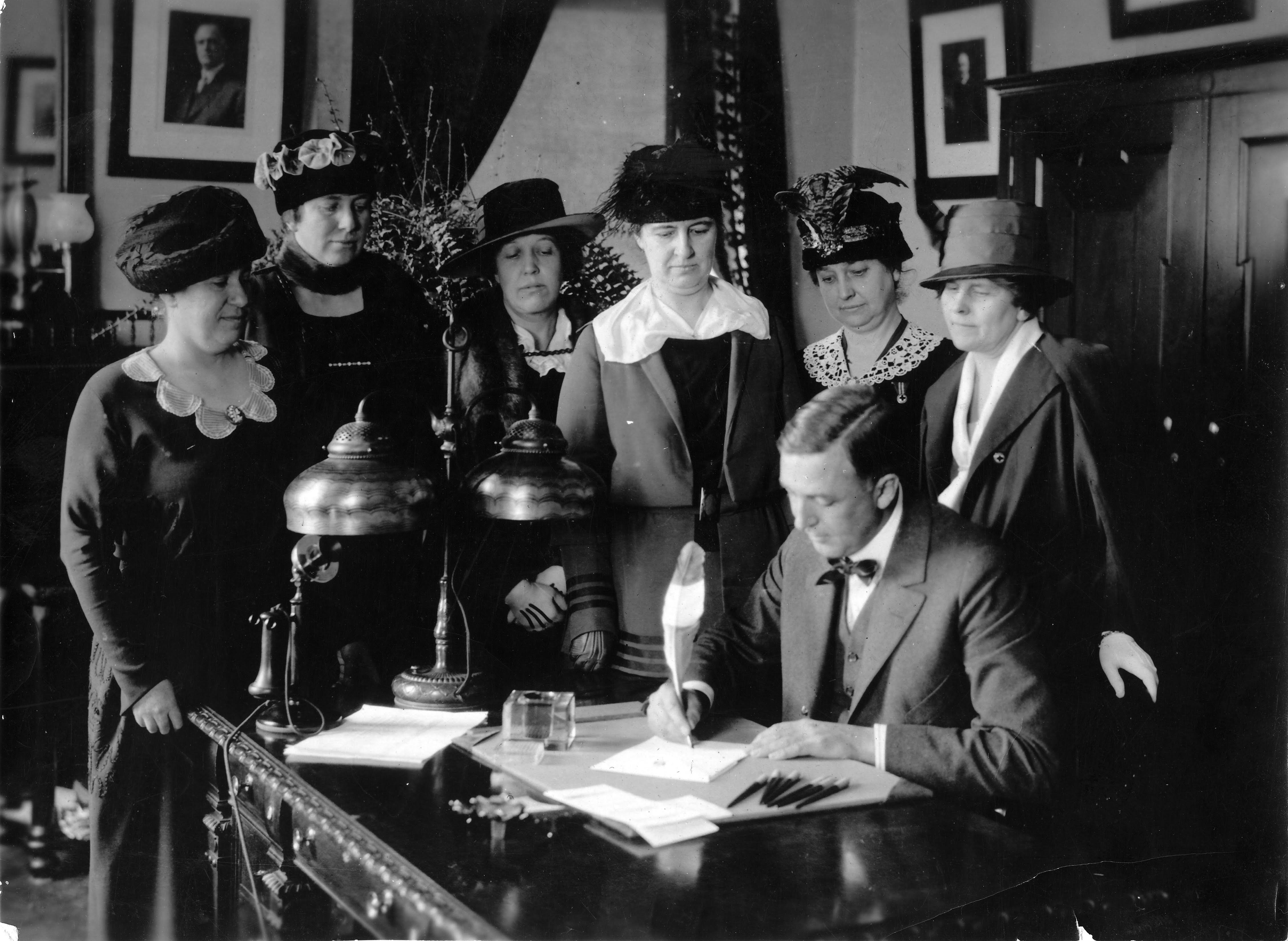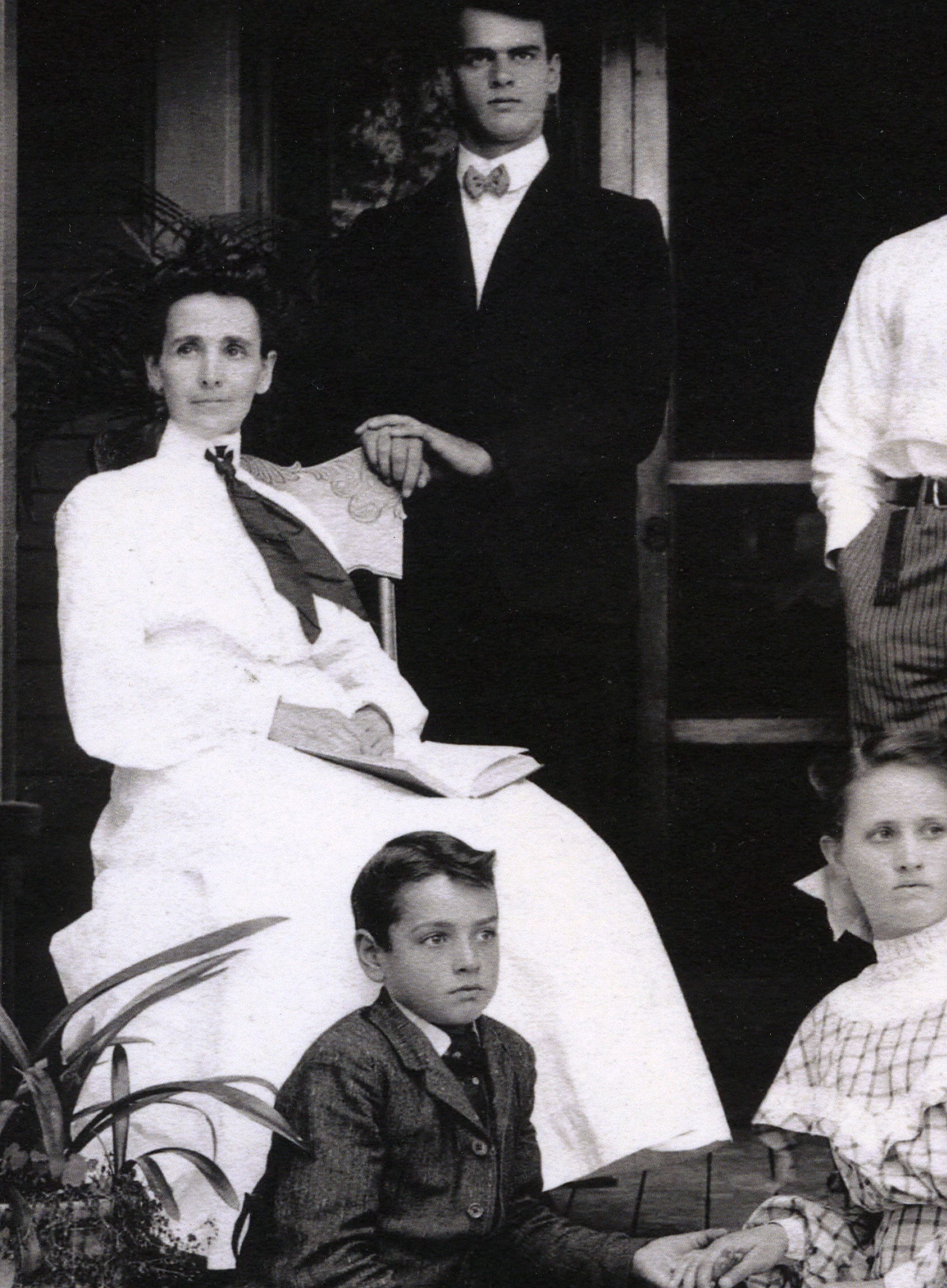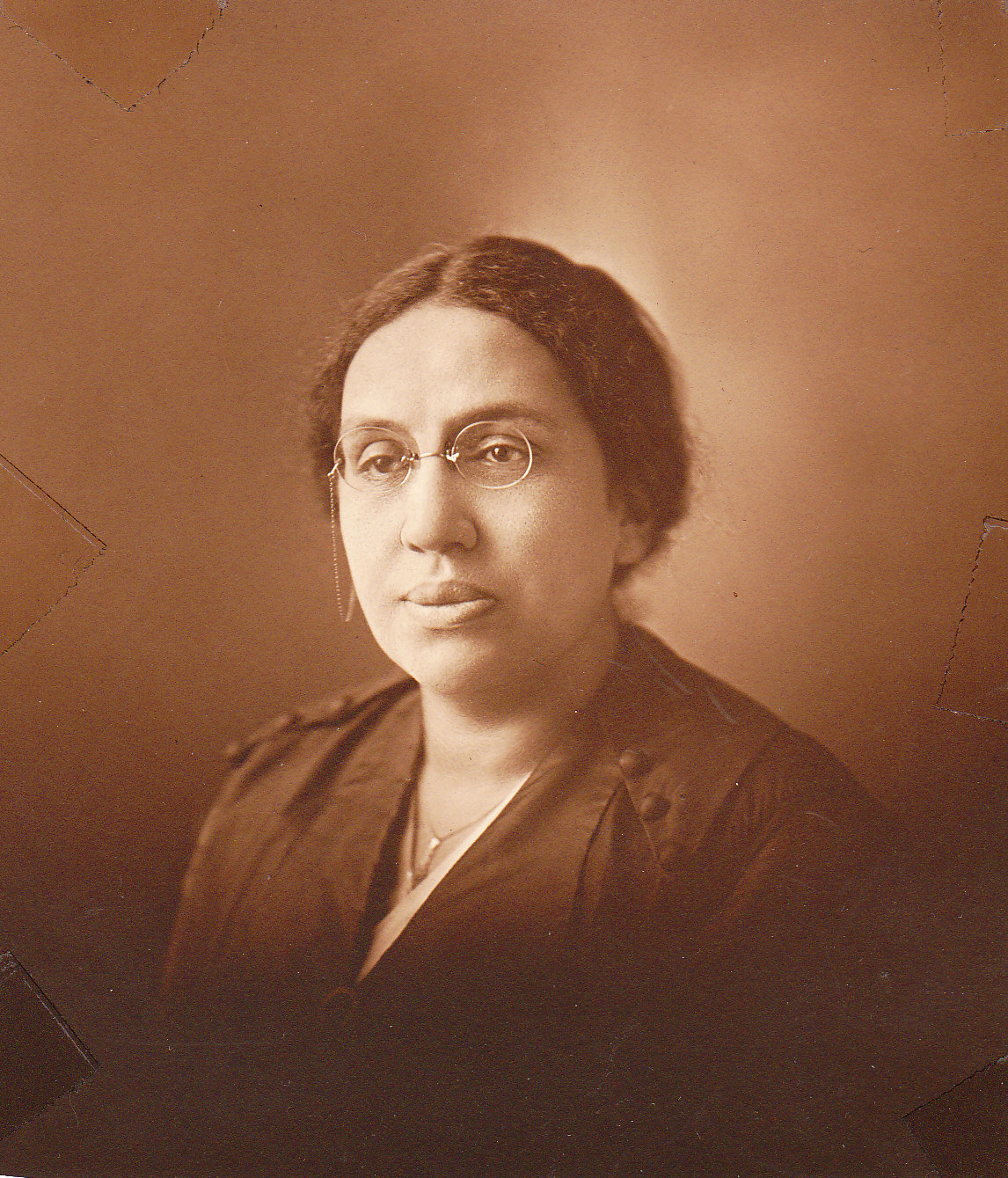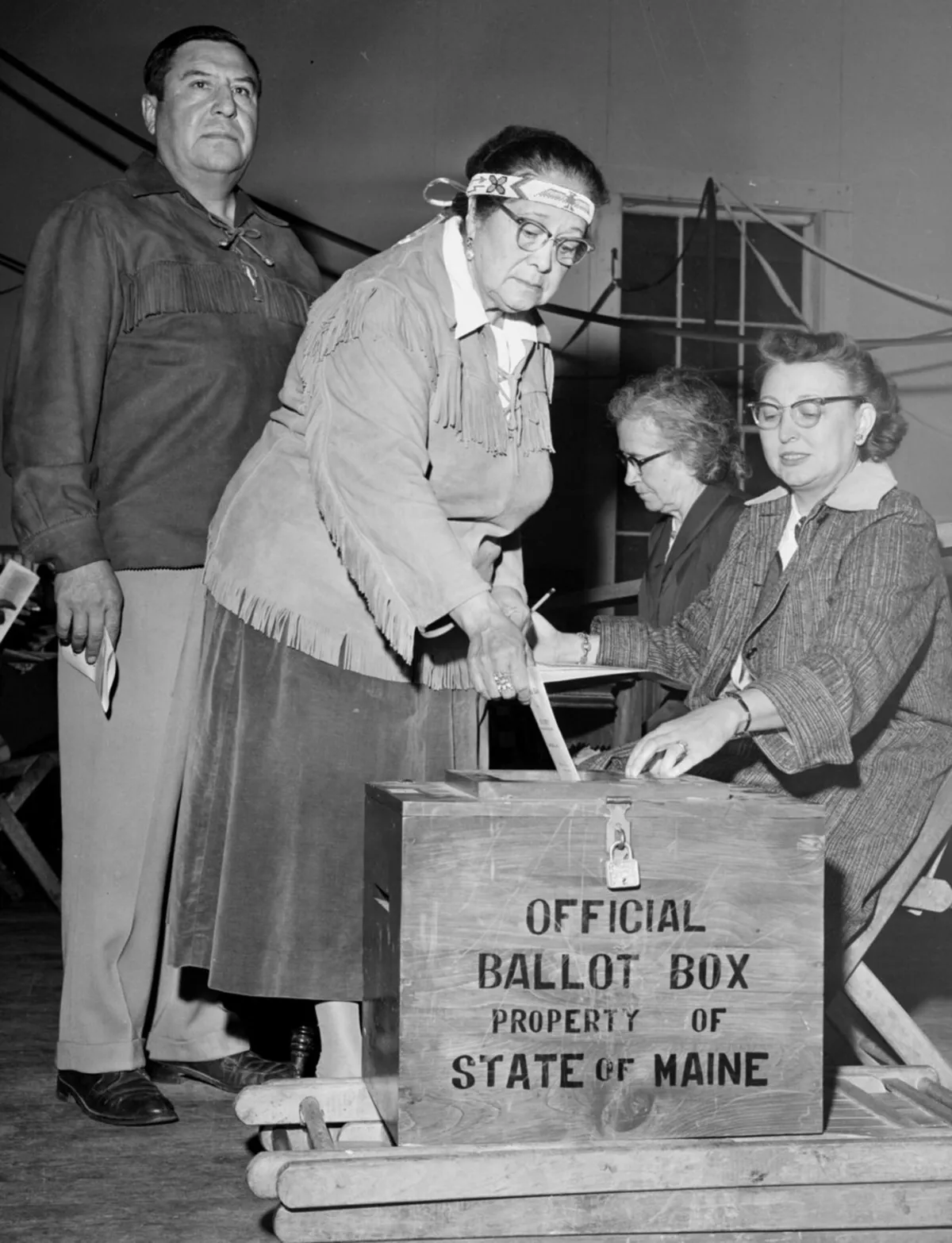
About this project.
In honor of the suffrage centennial, in 2020 the William G. Pomeroy Foundation awarded every state five roadside markers to commemorate suffragists and locations in which suffrage activity took place. These donations were routed through the National Votes for Women Trail, a project of the National Collaborative for Women’s History Sites. In Maine, the Maine Suffrage Centennial Collaborative (MSCC) managed the process of identifying suffragists and locations, securing approval from the Pomeroy Foundation, and obtaining permission for markers to be erected.
The journey.
Our journey to commemorate Maine’s suffrage story and its activists took many twists and turns. We are grateful for the guidance we received from so many people on how to research and recognize all the women who did so much to win suffrage. More work remains to be done to recognize BIPOC activists, but the seven markers are a good start in bringing Maine’s suffrage history the recognition it deserves.
The Suffragists
Florence Brooks Whitehouse | 1869 - 1945
Robert Treat Whitehouse | 1870 - 1924
Marker Location: 42 Deering Street Portland, Maine
Florence and Robert were born in Augusta, Maine, and moved to Portland following their marriage in 1894. Their first home in Portland was at 42 Deering Street, and this is where their marker can be found.
Additional Resources:
Voting Down the Rose: Florence Brooks Whitehouse and Maine's Fight for Woman Suffrage | Anne Gass | See book info on Goodreads.com
Augusta Hunt | 1842 - 1932
Marker Location: 165 State Street Portland, Maine
Throughout her life Augusta Merrill Barstow Hunt worked for women’s rights, suffrage and the temperance movement. She was president of the Portland chapter of the Women’s Christian Temperance Union (WCTU) for 15 years, and helped to establish a day nursery, free kindergartens, and the practice of hiring police matrons for female offenders. She also helped enact laws giving mothers equal rights with fathers in the care and guardianship of minor children, and permitting the election of women to school boards. She championed many causes, using her wealth and privilege to improve the lives of those less fortunate.
Camille Lessard Bissonnette | 1883-1970
Marker Location: 223 Lisbon Street, Lewiston, Maine
Camille Lessard Bissonnette was born in Ste-Julie-de-Mégantic, QC, and moved to Maine from Laurierville, Quebec, CA in 1904. She was a feminist in the early 1900s, before the concept of feminism was more widely known.
Maine and the 19th Amendment
Marker Location: Maine State House Augusta, Maine
In 1854, Sen. Thomas McCulloch Hayes of Saco asked the Maine legislature to consider women’s voting rights, but it was not until the 19th Amendment was fully ratified that most Maine women won the right to vote (Native Americans would not be fully enfranchised until 1967).
Isabel Greenwood | 1862 - 1958
Marker Location: 235 Main Street Farmington, Maine
Sarah Isabel (Whittier) Greenwood of Farmington, Maine, organized the Farmington Equal Suffrage League in 1906 after hearing a speech in Portland urging women to join the suffrage movement. She held meetings in her home and recruited other men and women to join the cause. Soon she had organized a Franklin County Equal Suffrage League as well.
Black Matriarchs of Bangor
Marker Location: Bangor Public Library, 145 Harlow St, Bangor
At the turn of the 20th Century Bangor boasted a small but thriving Black community whose members came from the United States, Canada, and the Caribbean. Never more than 300 people, this vibrant community supported a number of social clubs, including several established by Black women.
Mabel Derrick, Edith Johnson, and Blanche Dymond were leaders in the Black community of Bangor, and supported suffrage and their community through the Mothers Clubs and the Household of Ruth (the women’s auxiliary to the Odd Fellows). These clubs helped knit the Black community together through dances and other social activities, while also organizing support for families in need.

[Podcast transcript coming soon!]
Lucy Nicolar Poolaw | 1882 - 1969
Marker Location: 1 Down Street Indian Island, Maine
Lucy Nicolar was born in Indian Island, Maine, a citizen of the Penobscot nation and the daughter of Joseph Nicolar and Elizabeth Joseph. Every summer, her family traveled to the resort town of Kennebunkport to sell baskets, and Lucy and her sister performed in Indian dress for the tourists. In her late teens she started performing at public events such as sportsman’s shows. These early experiences led to a long and successful career in the arts, performing on stage in traditional Indian dress, mixing classical music and opera with Native American songs, and recording with Victor Records. Lucy’s stage name was “Princess Watahwaso.”
ACKNOWLEDGEMENTS
We are indebted to the following individuals and organizations for their assistance with identifying, researching, and crafting the messages on the suffrage markers.
Anne B. Gass, MSCC Marker Project Lead
Maine Suffrage Centennial Collaborative Steering Committee:
- Ellen Alderman, Chair
- Anna Kellar, League of Women Voters of Maine (LWVME)
- Steve Bromage, Maine Historical Society
- Amy Kuhn
- Laura Genese, Girls Scouts of Maine
We also would like to thank the following individuals for sharing the knowledge and history of these suffragists:
Rhea Côté Robbins — Camille Lessard Bissonnette
David Payne, and interns Rachael Swan, Camden Breckenridge, and Christina Polston — The Black Matriarchs of Bangor
Anne B. Gass — Augusta Hunt
Claudia Bell, Michaela J. Carney, Marion Scharoun, and Jane Woodman — Isabel Greenwood
Darren Ranco — Lucy Nicolar Poolaw
Anne B. Gass — State House Marker
Anne B. Gass — Florence Brooks and Robert Treat Whitehouse
We appreciate the private donors who helped make this project a reality, and thanks to the William G. Pomeroy Foundation for donating the first five markers!





